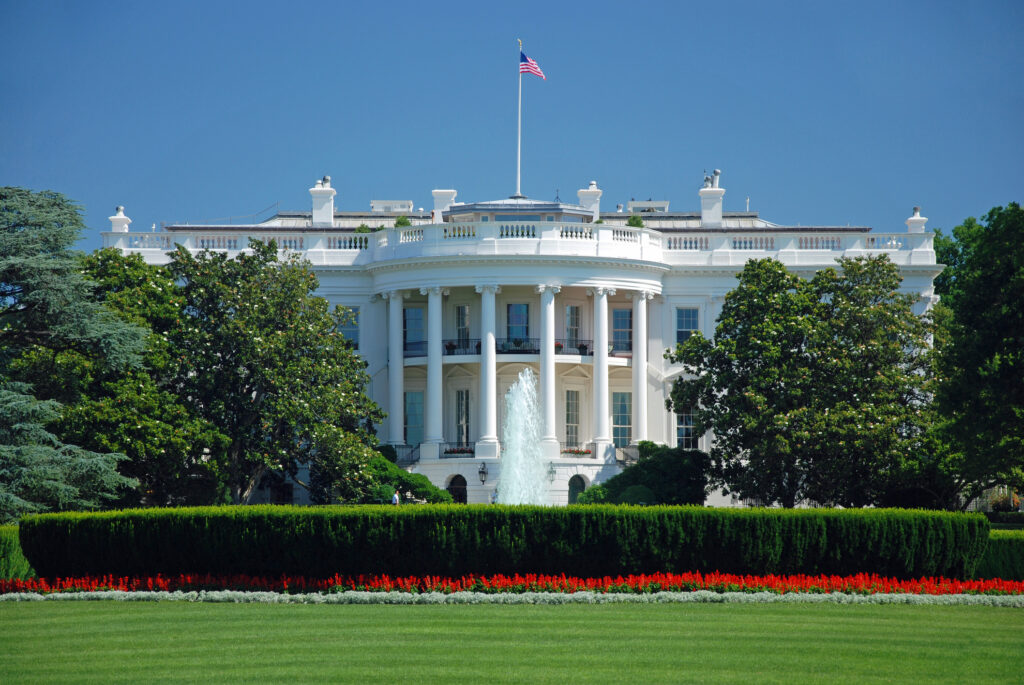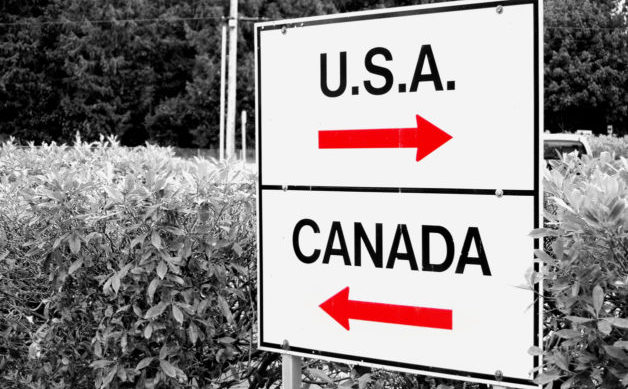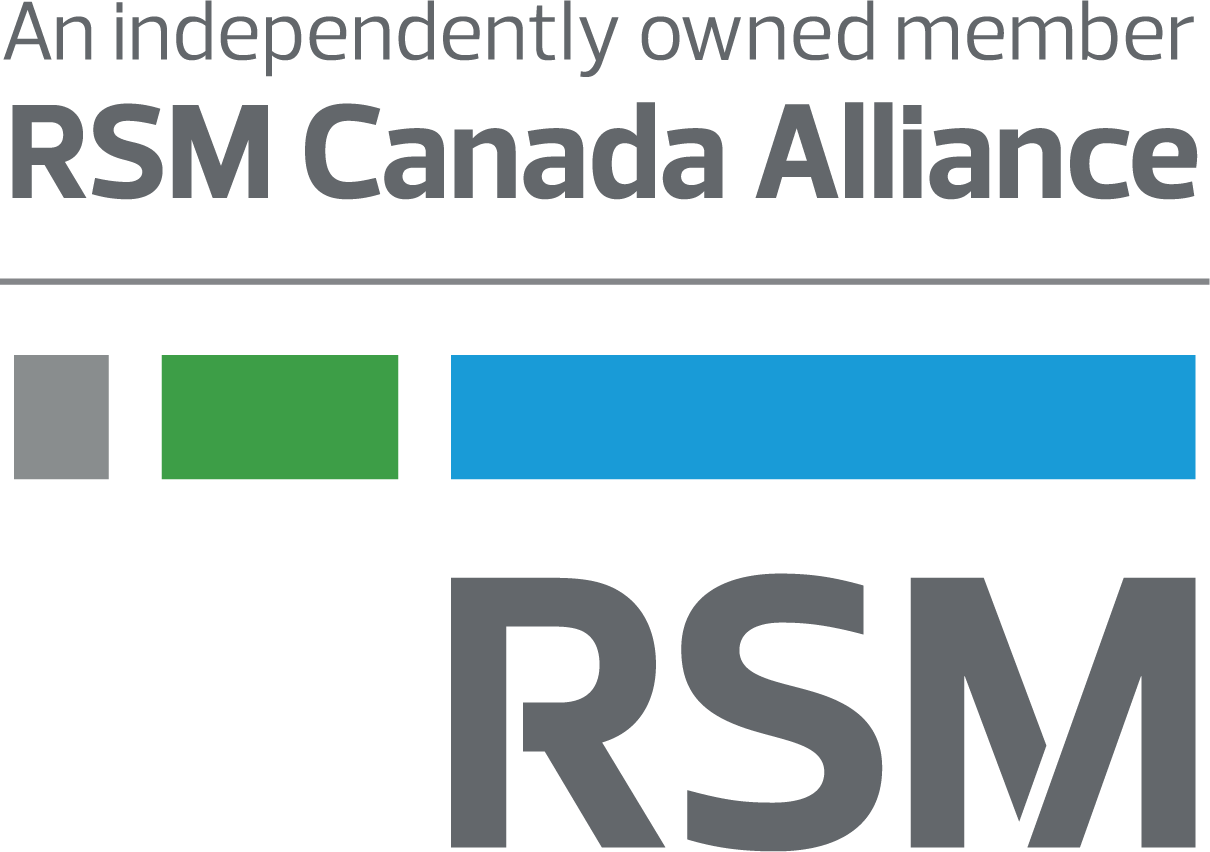
June 23rd, 2025
Posted on November 22nd, 2023 in Cross-border Tax, Domestic Tax

Snowbirds should continue to file their Canadian tax return, as usual, reporting any worldwide income earned in the year on their T1 income tax and benefit return, whether received from inside or outside of Canada. Similarly, they should claim all the applicable deductions and credits and pay the federal and provincial or territorial taxes based on their residential ties. This generally means that any income earned by the snowbirds from the USA should be reported in their T1 return. However, to avoid double taxation, they will be able to claim a credit for the amount of any US tax paid by them, thereby reducing their Canadian tax liabilities.
On spending a significant amount of time in the USA, snowbirds might not realize that they may be subject to US income tax obligations by becoming, in effect, US residents as per the US tax residency rules. For US tax purposes, the residential status of a snowbird is determined under either of the US domestic tax rules for residency below. If they meet either of these tests, they will be considered a US resident and will need to comply with US income tax laws.
Snowbirds who are in the USA for less than 183 days in the current year can still be treated as US residents for tax purposes if they meet the SPT.
The SPT would be met if they are physically present in the USA for at least:
It is worth noting that for the SPT, a day generally includes any part of the day spent in the USA unless the individual is in transit through the USA. Furthermore, the purpose of the stay in the USA does not affect the SPT.
There are certain exceptions from the tests above that exempt snowbirds from being treated as US residents for tax purposes. These are discussed below.
1. Canada–US income tax treaty “tie-breaker” provision – greater than 183 days
The tie-breaker rule in the income tax treaty between Canada and the USA allows a taxpayer treated as a tax resident of both the USA and Canada under their domestic tax rules to only be treated as a resident of the country to which they have stronger ties to. Essentially, this rule will allow the taxpayer to remain a resident of one country as opposed to two.
To be exempt under the treaty, snowbirds must demonstrate that they have stronger ties with Canada than the USA, including a permanent home, social/economic ties, habitual abode, and citizenship. In addition, they must file Form 1040NR along with a fully completed Form 8833 (treaty-based return position disclosure) explaining why they should be considered a resident of Canada and not a resident of the USA. The filing due date of both the forms—Form 1040NR and Form 8833—is June 15 of each year.
2. Closer connection exception—SPT
Even after meeting the requirements of the SPT in a given year, snowbirds may still be able to avoid being considered US residents using the closer connection exception. Under this exception, snowbirds need to demonstrate:
To claim this exception, snowbirds must first establish that they maintained more significant residential ties with Canada than with the USA. A closer connection generally exists if their social and economic ties (such as the location of a permanent home; family connections; personal belongings; business and banking ties; and social, political, cultural, or religious affiliations, etc.) remain closer to Canada. Secondly, they have to stay in the USA for less than 183 days during the year for which the exception is claimed. On satisfying both these conditions, snowbirds can fall under the closer connection exception.
In addition, they must file a US Form 8840 (closer connection exception statement for aliens) for each year for which the SPT is met, and the closer connection exception is claimed. Similar to Forms 1040NR and 8833, the filing deadline for Form 8840 is June 15 of the year following the end of the relevant tax year unless the filing date falls on a weekend or a holiday. Filing the form will allow them to maintain their tax status as a non-resident of the USA under US tax law.
Snowbirds owning US real estate property might be liable for US income tax regardless of whether they are treated as a US resident for tax purposes. While owning and using US real estate property only for personal purposes might require them to report the property on their T1 return, they do not have any US annual filing obligations with regard to that property. However, renting the US property for more than 15 days during the year or the eventual sale of the property may trigger US tax and filing obligations.
Snowbirds renting out their homes in the USA for more than 15 days during the year and earning rental income from investment properties are usually subject to a 30% US non-resident withholding rate which satisfies their US tax requirements. However, snowbirds can make an election to be taxed on net rental income (after taking into consideration certain expenses related to the rental income) at graduated tax rates applicable to the individual which can be more beneficial and reduce the tax liability. However, to elect to file on a net rental basis, the taxpayer will need to complete Form W-8ECI to avoid the 30% withholding tax. The form applies to a foreign national who is the beneficial owner of the US source income that is (or is deemed to be) effectively connected with the conduct of a trade or business within the USA.
If the election is filed, the snowbird will be required to file a US tax return (Form 1040NR) to report the net rental income.
The taxpayer will require a US tax identification number to make this election and to file the US return.
Similarly, the sale of a US property would be subject to a 15% US non-resident withholding rate on the gross sale price at the closing date. However, the snowbird can file a waiver to have this withholding based on the net capital gain (if any) and/or claim a possible exemption. The snowbird would then report the net capital gain realized from the sale on a US tax return and claim any withholding as an instalment toward their final liability.
Since US net rental income or US net capital gain would also have to be reported on their Canadian tax return, the snowbird can claim any US tax paid on their US return as a credit on their Canadian return to reduce their Canadian tax and avoid double taxation.
While an extended vacation to warmer locales may be an excellent way to beat the Canadian winter blues, travellers must keep abreast of any US tax reporting obligations they may be subject to. Keeping track of the number of days spent in the USA is an important first step for all snowbirds. Staying under the 183-day threshold may help snowbirds avoid any unintended tax consequences.
This article was written by Frank Casciaro, Chetna Thapar, Danielle Wallace and originally appeared on 2022-07-28 RSM Canada, and is available online at https://rsmcanada.com/insights/services/business-tax-insights/tax-considerations-for-canadian-snowbirds.html.
The information contained herein is general in nature and based on authorities that are subject to change. RSM Canada guarantees neither the accuracy nor completeness of any information and is not responsible for any errors or omissions, or for results obtained by others as a result of reliance upon such information. RSM Canada assumes no obligation to inform the reader of any changes in tax laws or other factors that could affect information contained herein. This publication does not, and is not intended to, provide legal, tax or accounting advice, and readers should consult their tax advisors concerning the application of tax laws to their particular situations. This analysis is not tax advice and is not intended or written to be used, and cannot be used, for purposes of avoiding tax penalties that may be imposed on any taxpayer.
RSM Canada Alliance provides its members with access to resources of RSM Canada Operations ULC, RSM Canada LLP and certain of their affiliates (“RSM Canada”). RSM Canada Alliance member firms are separate and independent businesses and legal entities that are responsible for their own acts and omissions, and each are separate and independent from RSM Canada. RSM Canada LLP is the Canadian member firm of RSM International, a global network of independent audit, tax and consulting firms. Members of RSM Canada Alliance have access to RSM International resources through RSM Canada but are not member firms of RSM International. Visit rsmcanada.com/aboutus for more information regarding RSM Canada and RSM International. The RSM trademark is used under license by RSM Canada. RSM Canada Alliance products and services are proprietary to RSM Canada.
 |
DJB is a proud member of RSM Canada Alliance, a premier affiliation of independent accounting and consulting firms across North America. RSM Canada Alliance provides our firm with access to resources of RSM, the leading provider of audit, tax and consulting services focused on the middle market. RSM Canada LLP is a licensed CPA firm and the Canadian member of RSM International, a global network of independent audit, tax and consulting firms with more than 43,000 people in over 120 countries. Our membership in RSM Canada Alliance has elevated our capabilities in the marketplace, helping to differentiate our firm from the competition while allowing us to maintain our independence and entrepreneurial culture. We have access to a valuable peer network of like-sized firms as well as a broad range of tools, expertise, and technical resources. For more information on how DJB can assist you, please contact us. |
Drop us a line, we look forward to hearing from you.